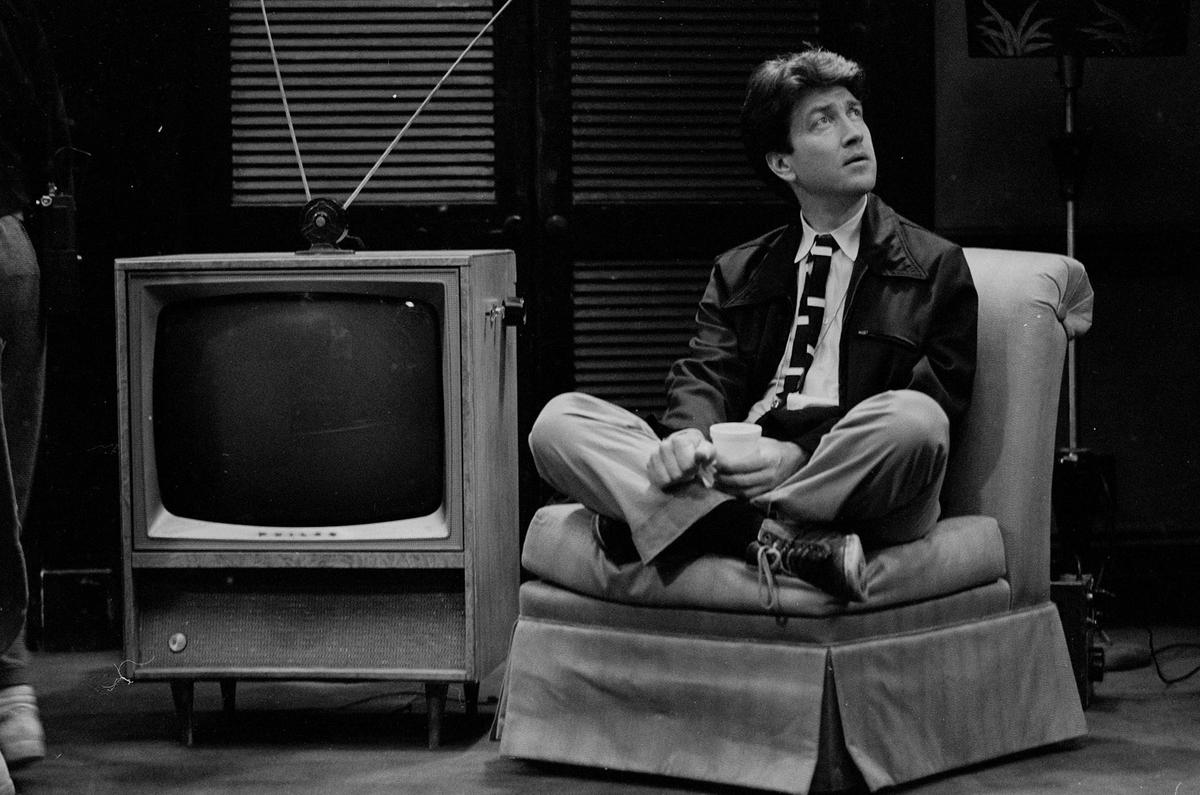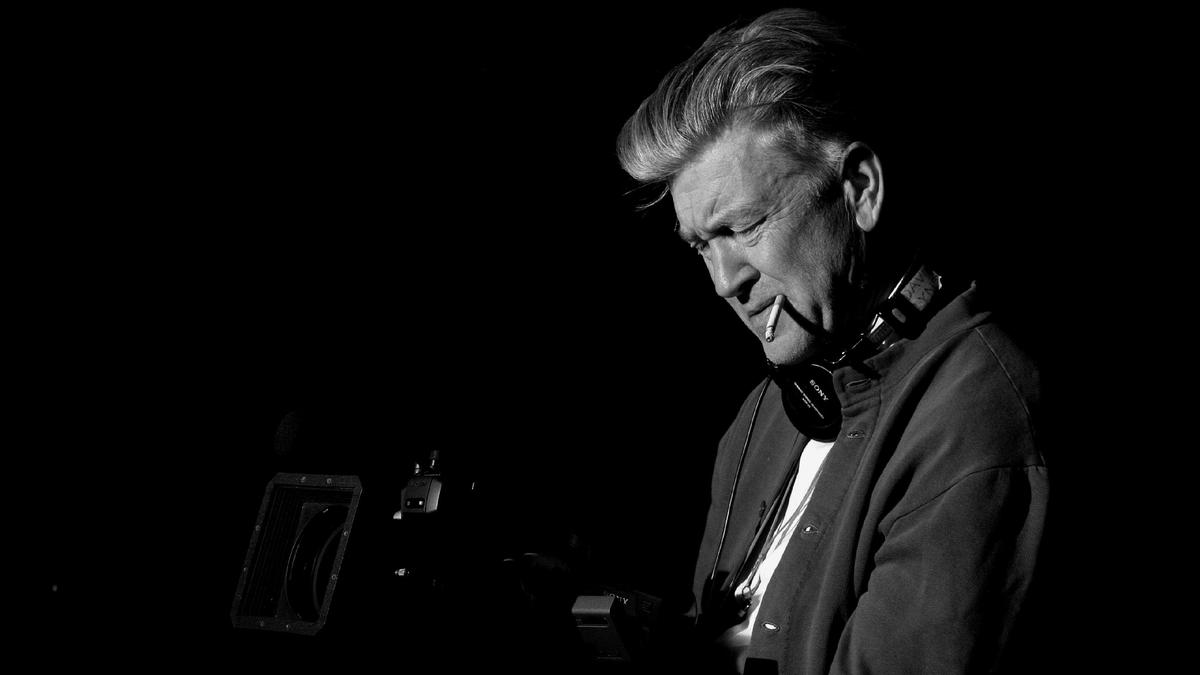The master architect of every cinephile’s waking nightmares and absurd fever dreams has died at the age of 78. Which is to say that the world feels less imaginative, less textured, and less audacious in the absence of David Lynch. His work was a mosaic of surrealism and radical humanity that reshaped cinema, television, and even how we process our subconscious. The demise of the veteran writer forces us to grapple with the immense void left by him in the field of modern art and storytelling.
Born in Missoula, Montana, Lynch was an icon of American roots. His childhood was steeped in small-town idyll, which belied the unsettling undercurrents that would later define his work. Moving east to study painting at the Pennsylvania Academy of Fine Arts in the 1960s, Lynch encountered a city landscape of decay and desolation in Philadelphia. This solemn atmosphere became decisive for his unforgettable debut film, eraserhead (1977) – A hallucinatory portrait of industrial isolation that redefined what an independent film could look like. That it found an audience among insomniacs and the curious at midnight screenings is almost poetic.

David Lynch | Photo Courtesy: X/@Criterion
From there, Lynch’s rise was a contradiction of mainstream success and avant-garde sensibilities. elephant man (1980) received eight Oscar nominations, earning Lynch his first Best Director award. Yet, just as Hollywood embraced him, Lynch produced an infamous adaptation of Frank Herbert’s massive sci-fi epic, dune (1984), whose troubled production and commercial failure threatened to derail his career. Yet Lynch’s genius seemed to thrive on this risk and reinvention. with blue velvet (1986), he entered the eerie atmosphere of small-town America for the first time and created a fascinating, disturbing masterpiece of American cinema. It became his signature, quintessentially “Lynchian” work, full of suburban rot, voyeurism, and provocative ambiguity.
Perhaps no project is more emblematic of Lynch’s cultural impact than twin PeaksThis television series, which debuted in 1990, enthralled American TV audiences with its surreal story-puzzles. The influence of the ethereal soap opera was unprecedented, laying the groundwork for everything x files To stranger thingsLynch returned to this world after decades Twin Peaks: The Return (2017) – a breathtaking, often confusing 18-hour opus that cemented his status as one of the most visionary filmmakers alive.
Even his failures seemed rainbows. choice of strong heart (1990), which won the Palme d’Or, and lost highway (1997) found its audience over time and became a staple of cult cinema. Mulholland Drive (2001), initially conceived as a TV pilot, was later crowned the best film of the 21st century (so far) by a BBC poll. His last film, inland Empire (2006), was an experiment in digital filmmaking, a surprising story that dared those curious enough to lose themselves completely.
But Lynch was never satisfied being just a filmmaker. He painted, composed music, and preached the virtues of transcendental meditation as if inner peace were a paintbrush for the soul. Fans will also remember his daily weather reports on YouTube – completely lifeless messages about sunshine and rain clouds, presented as if the forecast was a metaphor for something you’d never understand.
Lynch’s art, whether in moving images or abstract forms, was never about easy answers. He invited us all into his dreams, often leaving us to analyze their meaning or simply sit with the restlessness they induced. He was a singular individual, a unique voice that collided the macabre and the mundane with an explosiveness that was beautiful. Perhaps that is why his death feels like the end of a chapter of art.
Lynch’s last on-screen appearance was in Spielberg’s art style as John Ford, the cantankerous, cantankerous gatekeeper of American cinema. fabelmann’sThis is the kind of cameo that you would dismiss as great if it weren’t so perfect. Of course, he insisted on wearing the dress for two weeks straight, painting in it, sitting in it, possibly staring into it, until it became authentically wrinkled and lifelike. And of course, he’ll be negotiating his participation not with money, but with Cheeto. He dangles a conundrum that cinephiles will be doomed to remember for decades: “When the horizon is low, it’s interesting. When the horizon is at the top, it’s interesting. When the horizon is in the middle, it’s just as boring. Now, good luck to you – and get the crap out of my office.

David Lynch in a scene from ‘The Fablemans’
It’s hard not to see this moment as a reflection of Lynch himself – someone who spent his entire career avoiding the middle, both figuratively and literally. His horizons were always at the extremes, where one would not normally gravitate (“Keep your eye on the doughnut, not the hole,” feels like an apt epithet).
Lynch’s legacy lies in the courage he gave us to dream with abandon and seek what is real within the everyday. His work always demanded more from you: more curiosity, more patience, and more willingness to step out of your comfort zone. With his departure, it’s almost as if the horizon itself has changed and left us in a world that seems a little more middle, a little more boring.
published – January 17, 2025 11:31 am IST
